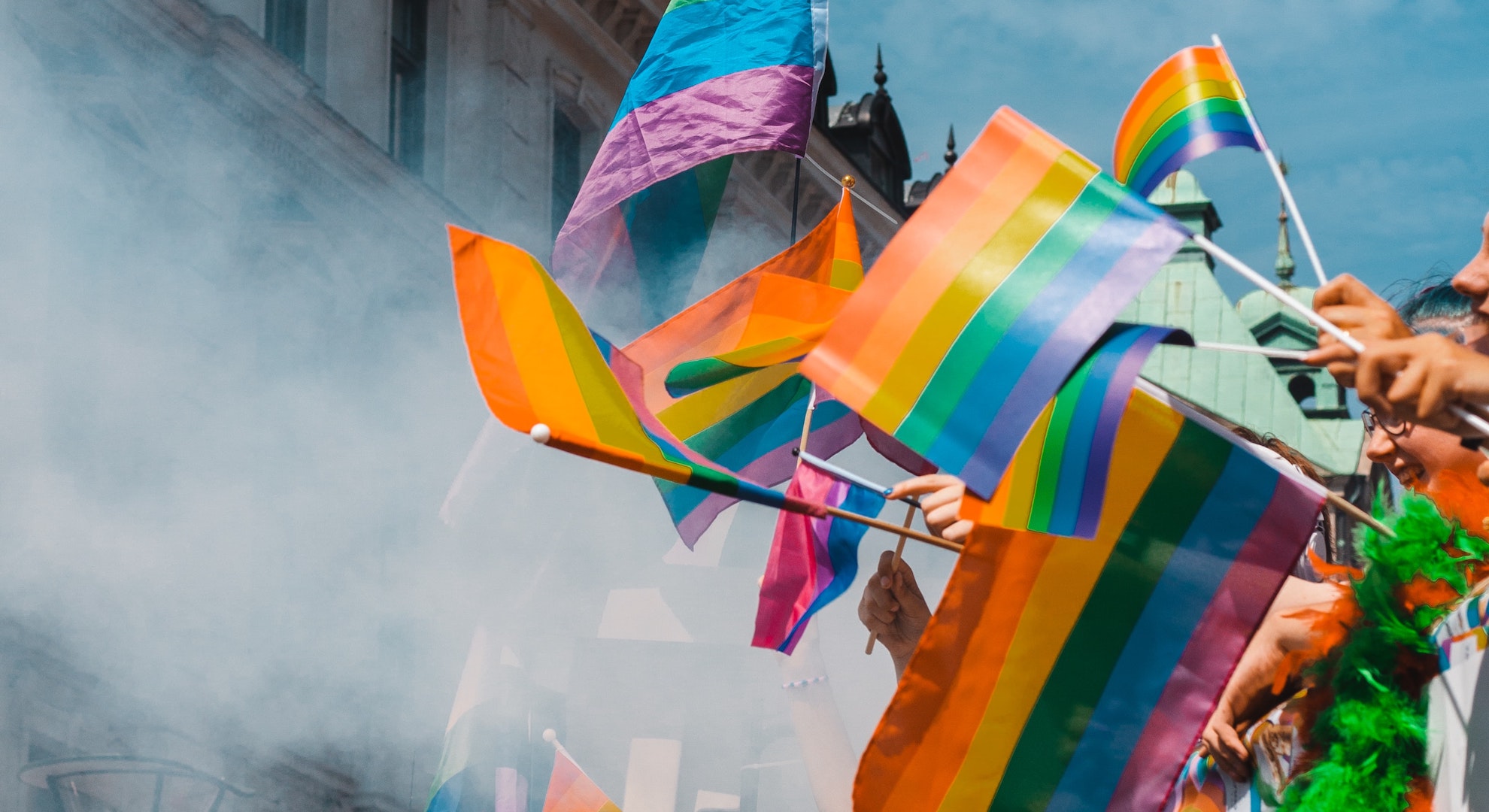In recent months, we’ve seen a number of high-profile figures talk about concepts like ‘diversity’, ‘equality’ and ‘inclusion’ as though they’re things to fear or resent.
To most people, this feels odd on surface level alone. How can including others or treating one another equally cause harm? Spoiler alert: it doesn’t.
In fact, beyond what could be perceived as just a scapegoating distraction from the real issues facing us out in the world, inclusion presents an opportunity to all of us. Not just as individuals who can learn and grow from one another, but for Britain as a whole to better prosper as a society.
- Transphobia and homophobia are terrible for the economy, report finds
- The UK used to be the most LGBTQ-friendly place in Europe. Now, it’s not even close
- Young LGBTQ+ people are made homeless because of who they are – but official stats don’t show it
Our data demonstrates a link between societies that are more LGBTQ+ inclusive and societies that experience better economic competitiveness. Inclusion makes for financial stability. And this can happen in different ways.
How inclusive a country is perceived can attract and generate income from a range of sources. For example, tourism, the ability to attract and retain the best workforce talent, eligibility for foreign investment or development assistance, or “brain drain”, where top talent leaves the country for somewhere that feels like a safer place to be.
Britain’s perception as a safe haven for LGBTQ+ people and their loved ones has taken a drastic downturn in recent times. We’ve seen recent cases of trans people applying for asylum in other parts of the world, as the UK no longer feels safe. Numerous high-profile instances of violent hate crimes against gay people in the streets or on public transport. The abusive practice of “conversion therapy” remains legal in this country.









